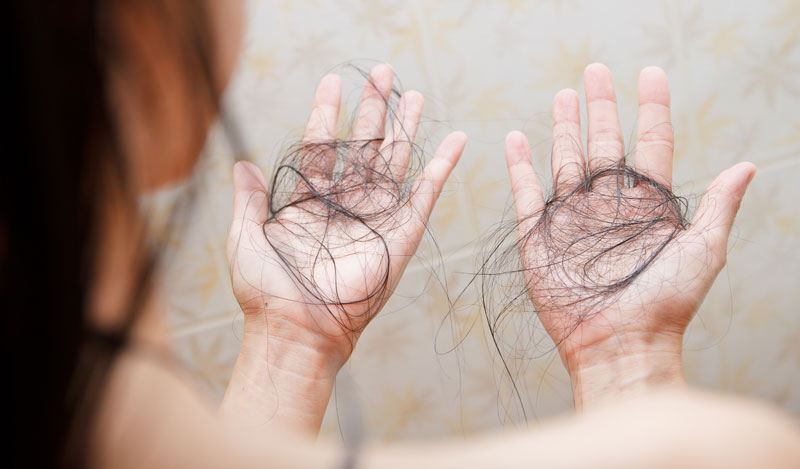Hair loss is daunting as the sight of strands on your pillowcase, clothes, and in the shower drain can be stressful. Think the other way around because stress can be the reason why you are seeing them. Surprisingly, hair loss is not always the result of a medical condition, wrong shampoos and conditioners, excessive heat styling, poor nutrition, and genetics.
It may happen due to stress, and the worst part is that you will probably not know the cause until you’ve lost a good part of your crowning glory. The biggest concern is that you may opt for the wrong treatment and lose precious time. It is vital to understand that stress does increase hair loss. But you can stop the damage with timely stress management. Let us explain the conditions that lead to stress-related hair loss.
Telogen effluvium
Perhaps the most common type of hair loss caused by stress is related to telogen effluvium. Although the condition is temporary, you must still take it seriously. It involves a slowdown in the production of new hair strands as stress pushes the follicles into a resting phase. Over time, the existing strands become weaker, and even regular activities like touching, washing, and combing can cause breakage. Telogen effluvium may occur due to poor nutrition and hormonal fluctuations.
Alopecia areata
A more serious form of stress-induced hair loss is alopecia areata. It is caused by the white blood cells attacking the follicles, leading to rapid hair loss within weeks. You can expect to see bald patches or even have a clean scalp over time. While re-growth may happen naturally, you can opt for micropigmentation treatment if it does not seem to work out. Alopecia areata can even affect body hair, so you can well imagine the impact it has on your self-esteem.
Trichotillomania
This condition is more of a psychological issue than a physical one. You may experience an urge to pull out hair from the scalp, eyebrows, and other body parts. The feeling is almost irresistible and comes naturally as you deal with negative emotions such as stress, boredom, tension, loneliness, or frustration. It is best to seek professional counseling support for the condition.
Potential ways to cope
Unlike medical issues, stress-related health problems are harder to deal with, and it applies to hair loss. Start by identifying the anxiety triggers, which may range from relationship issues to financial concerns, postpartum blues, menopause stress, chronic illness, injury, and workplace pressure. The best way to manage them is by embracing natural measures. The following tips can help:
- Regular exercise helps reduce stress and promotes hormonal balance
- Practice relaxation techniques such as meditation and deep breathing every day
- Eat a healthy diet and add on supplements if required
- Spend time with friends and loved ones who motivate you
- Invest in good hair care and embrace what comes your way
Even as hair loss from stress is daunting, it need not be hard to deal with. Feeling anxious will only make things worse, so take the right approach to handle the situation with relevant treatment and effective stress-relief therapies.




